
Could Your Blood Type Be Influencing How You Age

Could Your Blood Type Be Influencing How You Age?
When we think about what determines how gracefully we age, the usual factors come to mind — nutrition, exercise, sleep, stress, and of course, genetics. But scientists are beginning to ask a more surprising question: could your blood type quietly shape how your body handles the passage of time?
Emerging research suggests that your blood type — long known for its importance in transfusions and organ compatibility — might also influence subtle processes related to inflammation, oxidative stress, and immune resilience. These differences, though small, could accumulate over decades, affecting how quickly or slowly we show the signs of aging.
Let’s take a closer look at what scientists are uncovering about this fascinating connection.
Blood Type O: A Natural Advantage?
If you belong to the O blood group, science might have a little good news for you. Several early studies suggest that individuals with type O blood may have a slight biological edge when it comes to aging and long-term health.
Researchers have observed that people with type O tend to have:
-
Lower risks of cardiovascular diseases such as heart attacks and strokes
-
Reduced likelihood of developing certain cancers, including pancreatic and gastric cancers
-
More efficient blood coagulation, which supports healthy circulation and oxygen delivery
-
Better metabolic stability, potentially lowering the risk of insulin resistance
These factors may collectively translate into slower physical decline and better cellular resilience as the years pass.
However, this doesn’t mean people with type O can skip healthy habits. The benefits can be easily offset by poor diet, inactivity, or chronic stress — which remain the dominant influences on longevity.
Blood Types A, B, and AB: More Prone to Inflammation
Those with blood types A, B, or AB may face a few extra biological hurdles when it comes to aging. Research links these groups to higher baseline levels of chronic inflammation, which is now recognized as one of the key engines of aging — sometimes called “inflammaging.”
Studies suggest these individuals may experience:
-
Elevated risks of high blood pressure and metabolic syndrome
-
Slightly greater vulnerability to cognitive decline and neurological disorders
-
A tendency toward higher cholesterol or clotting factors, which can strain cardiovascular health
The mechanisms behind these trends are still being explored, but one theory is that differences in blood antigens may influence how the immune system reacts to pathogens and inflammation throughout life.
That said, these patterns are not destiny. Lifestyle interventions — particularly anti-inflammatory diets rich in omega-3s, antioxidants, and plant-based foods — can significantly reduce these risks, regardless of blood type.
The Link Between Blood Type, Oxidative Stress, and Immunity
One of the most intriguing clues in this field involves oxidative stress, the cellular wear-and-tear that accelerates aging. Every day, your cells produce reactive oxygen species (ROS) — unstable molecules that damage DNA, proteins, and cell membranes.
Some blood types, according to emerging evidence, seem to produce cells that are more resistant to oxidative damage. For example:
-
Blood type O individuals may exhibit stronger antioxidant enzyme activity.
-
Types A and AB may show slightly reduced resilience to oxidative stress, which could influence how quickly tissues age or recover from damage.
Blood type also shapes immune system behavior. It affects how your body recognizes and responds to bacteria and viruses — and over time, that difference could influence chronic disease risk, infection recovery, and even how your skin and organs age.
Lifestyle Still Reigns Supreme
Even with these intriguing biological nuances, researchers are unanimous on one point: your daily choices outweigh your blood type when it comes to aging well.
Whether you’re A, B, AB, or O, the fundamentals remain the same:
-
Eat a balanced diet focused on whole, unprocessed foods.
-
Exercise regularly, combining aerobic, strength, and flexibility training.
-
Prioritize sleep — aim for 7–8 hours nightly to allow for cellular repair.
-
Manage stress through mindfulness, nature time, or creative outlets.
-
Avoid smoking and limit alcohol.
-
Schedule routine health checkups to stay proactive about potential risks.
These behaviors influence gene expression, hormone balance, and inflammation far more powerfully than your blood type ever could.
Final Thoughts: Know Your Blood Type, But Own Your Lifestyle
Your blood type is a fascinating piece of your biological identity — one that may subtly nudge how your body ages. But it’s only a piece of the puzzle.
The real determinants of longevity lie in how you live, move, eat, and recover. By combining scientific curiosity with practical self-care, you can support your body’s natural defenses and age with strength, clarity, and vitality — no matter what blood type you were born with.
News in the same category


Got a lump on your neck, back or behind your ear? Here’s what you need to know

Most Drivers Miss This Simple Button That Improves Visibility At Night
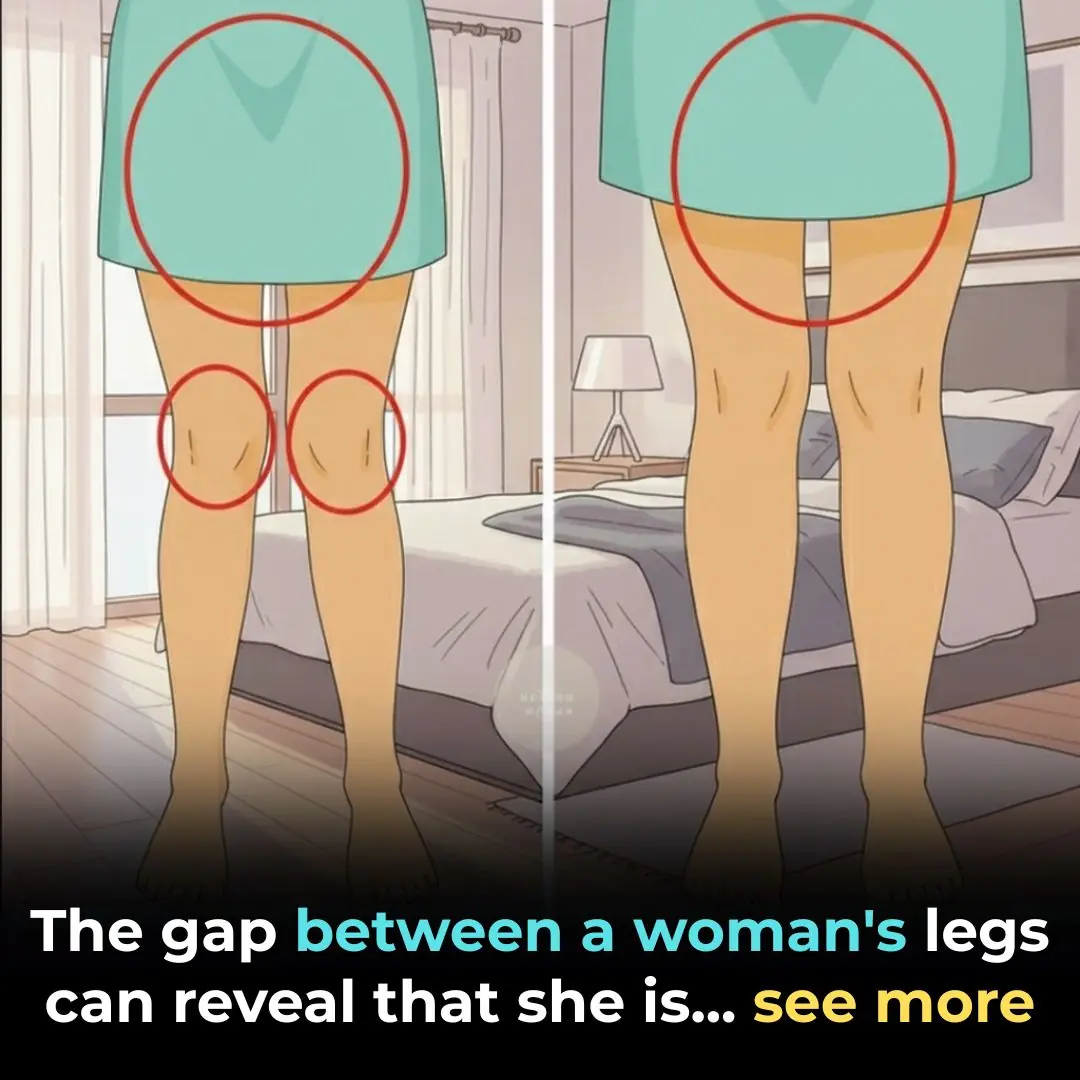
The Truth About the Thigh Gap

Why Some Eggs Are Speckled

You should pay attention to these 6 things around you
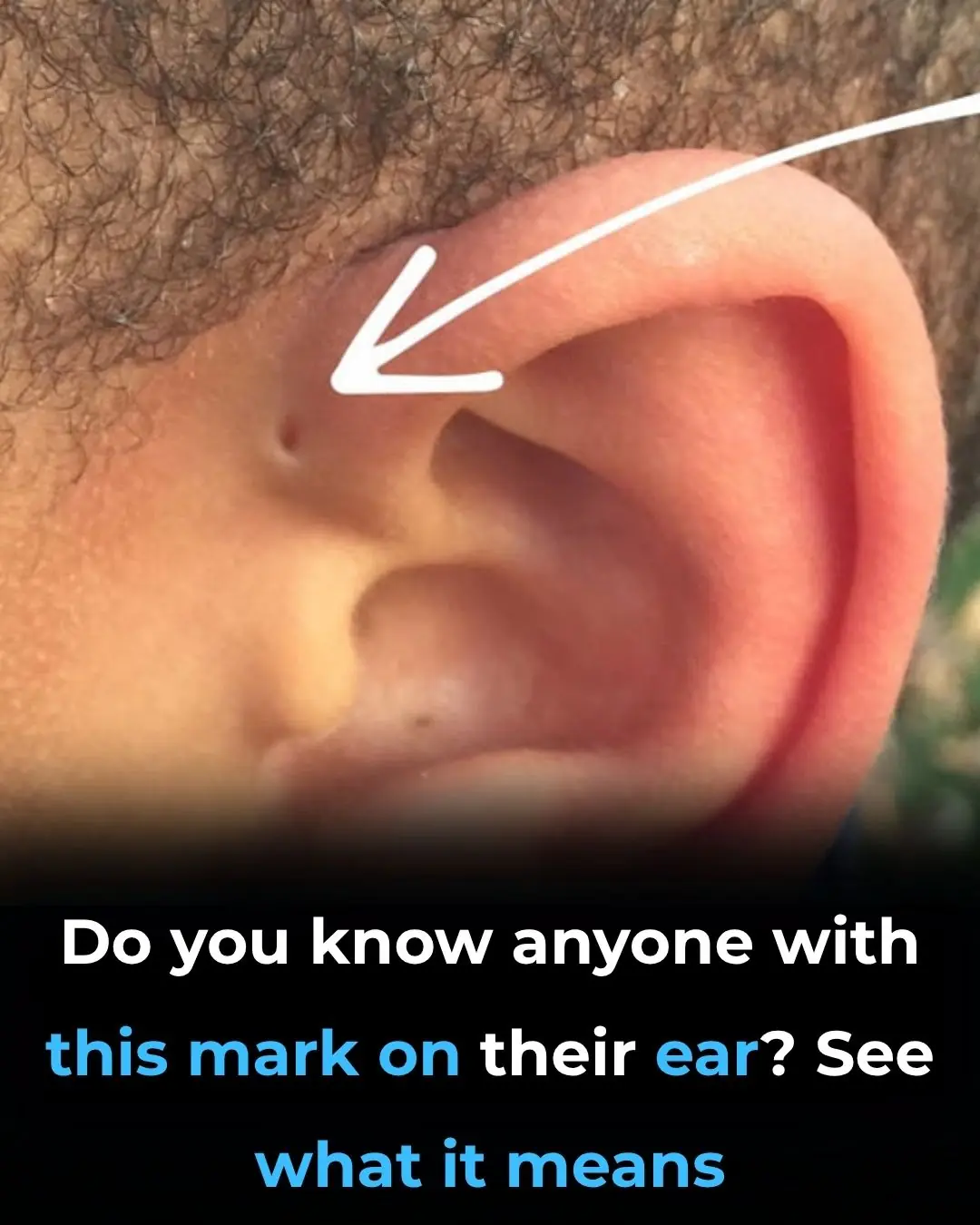
What Does This Little Mark On The Ear Mean

Why Do We See “WC” and Toilet Icons Everywhere?

Clever Phrases Smart People Use to End Pointless Arguments

Person 'sucked into plane engine' before takeoff dies in airport tragedy
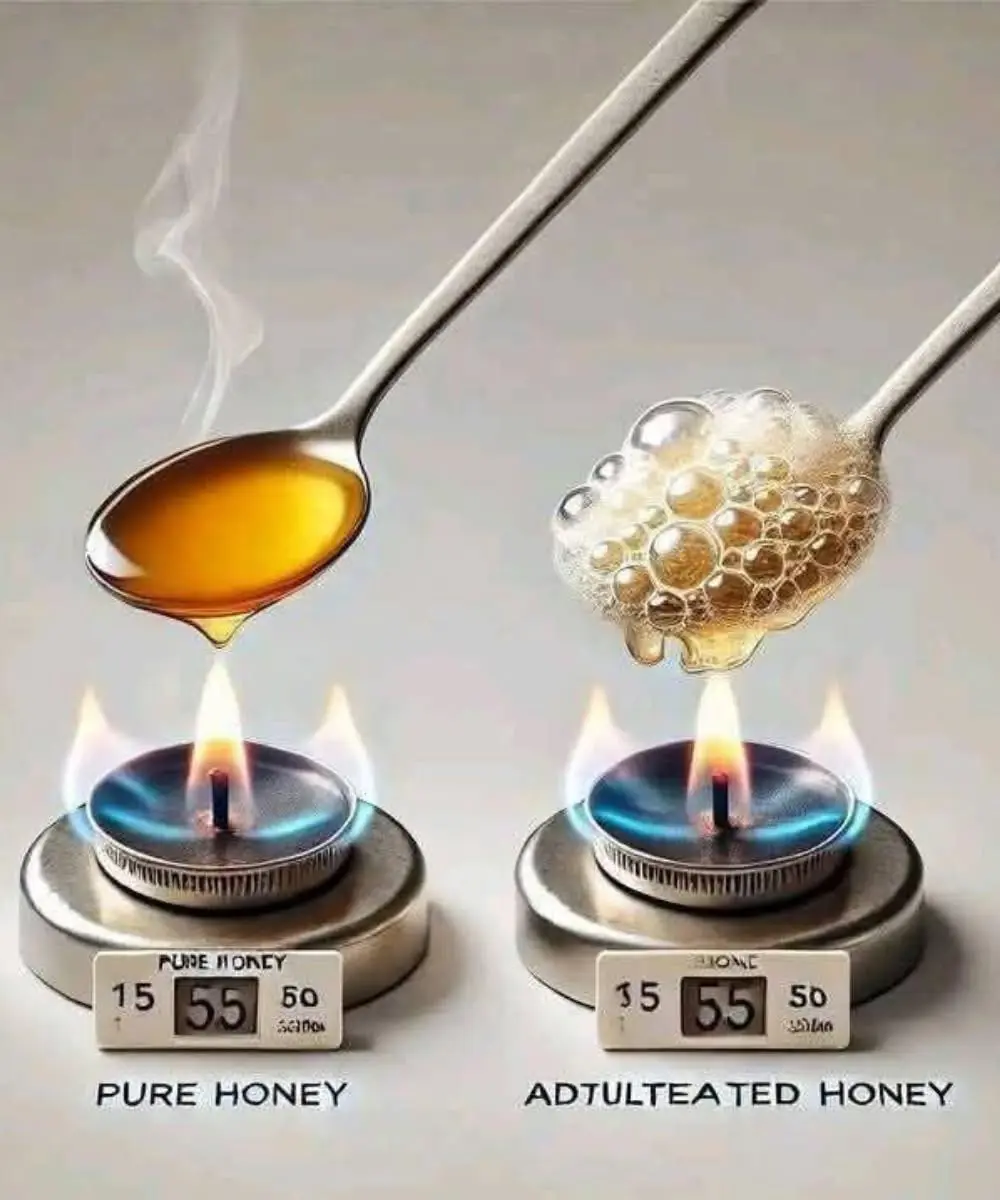
Pure vs. Adulterated Honey: How to Differentiate Real Honey from Fake with a Simple Water Test

Came back from camping and got some red, itchy skin. Doctor isn't available for another week. What should I do?

This is the first time I'm hearing about this

Melania Trump's outfit choice when meeting Kate Middleton and Prince William has everyone saying the same thing

Why Do Women Cross Their Legs When Sitting

7 Surprising Things Men Actually Notice About Women

Optical Illusion Tells You Whether You’re Private Or Powerful

Why Cats Leave Home and Don’t Return

Why Is It Not Recommended To Hang Out The Clothes Outside
News Post
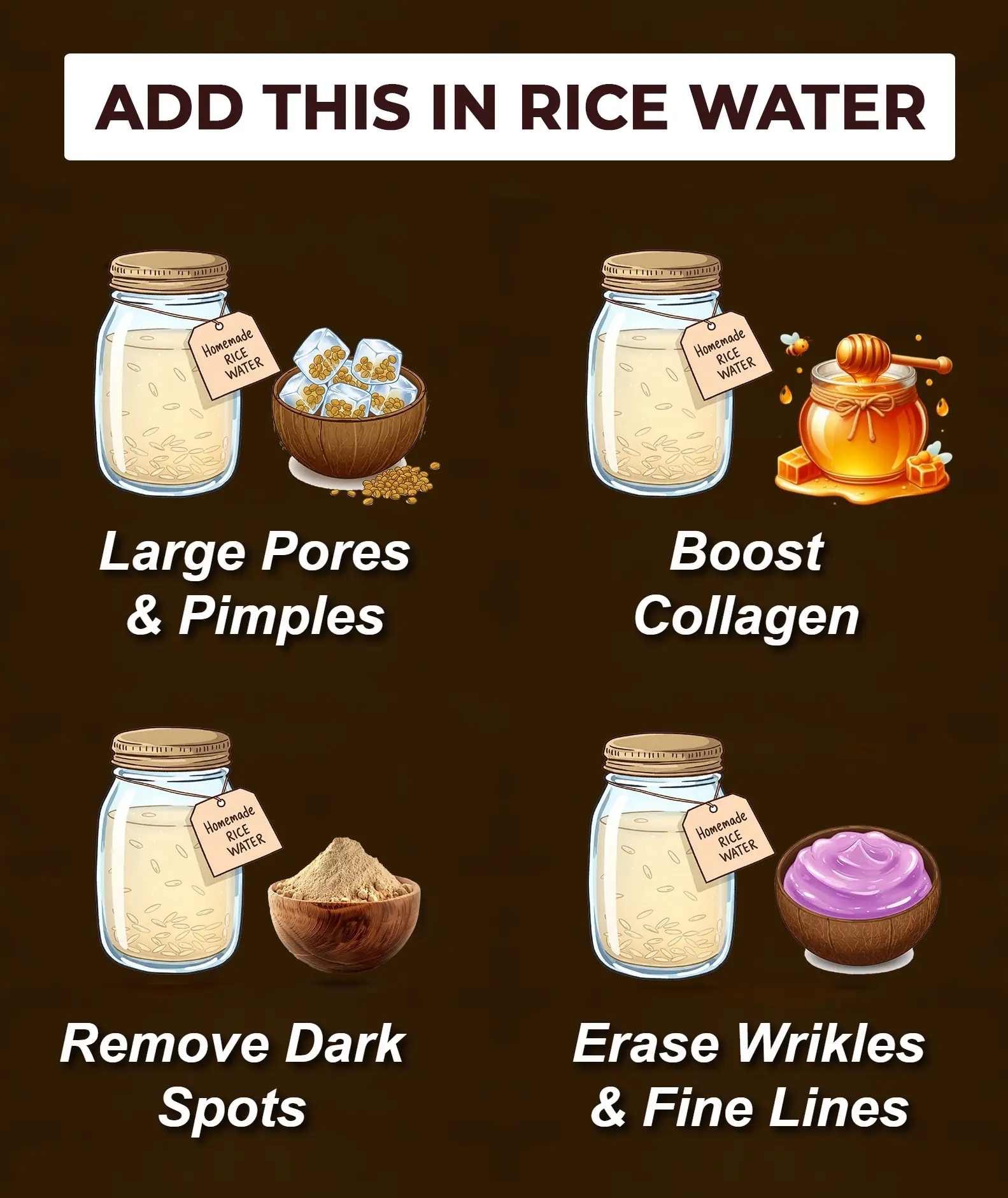
Homemade Rice Water for Skin: Amazing Recipe for Glowing and Youthful Skin
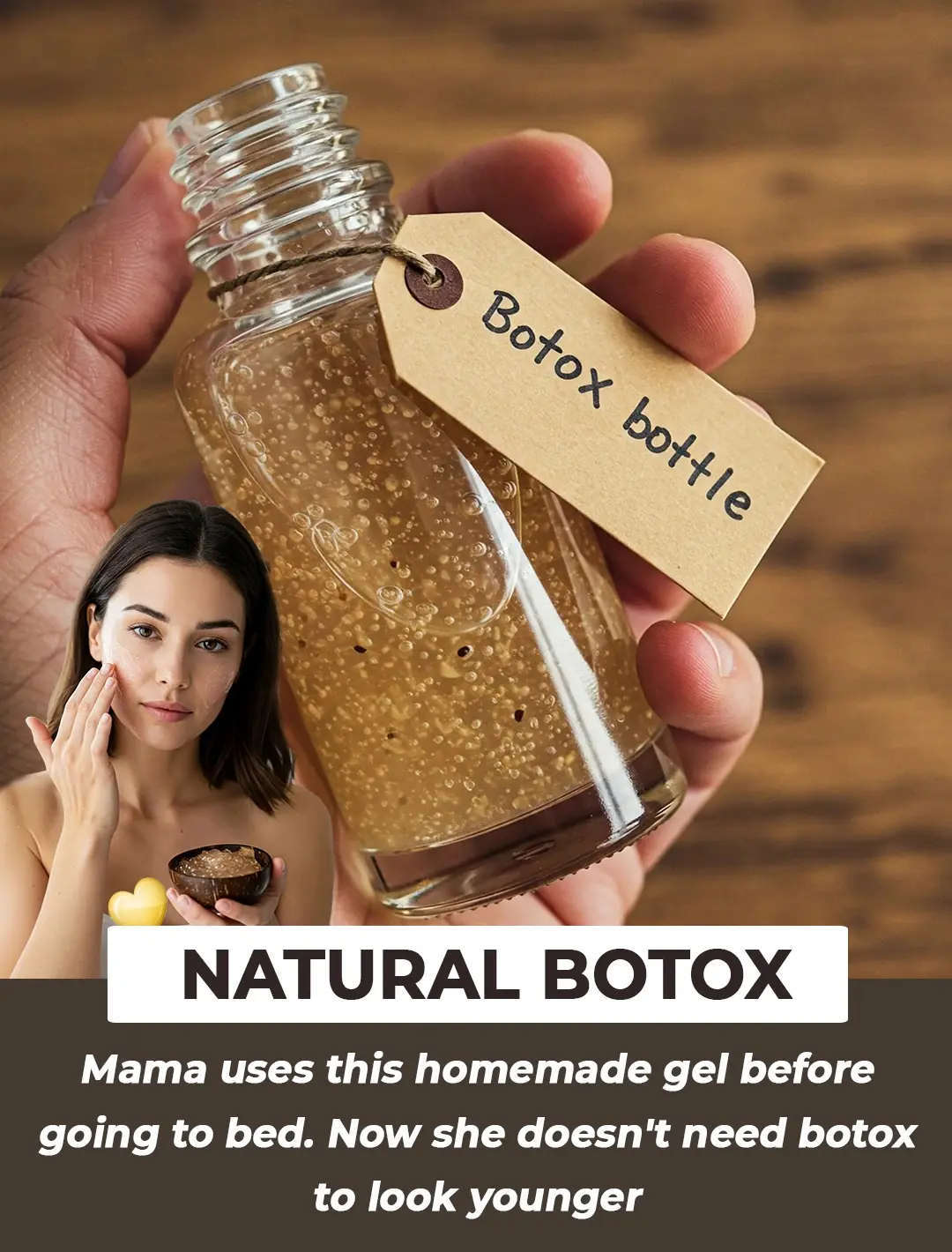
Natural Botox Drops – Secret of Younger Looking Skin
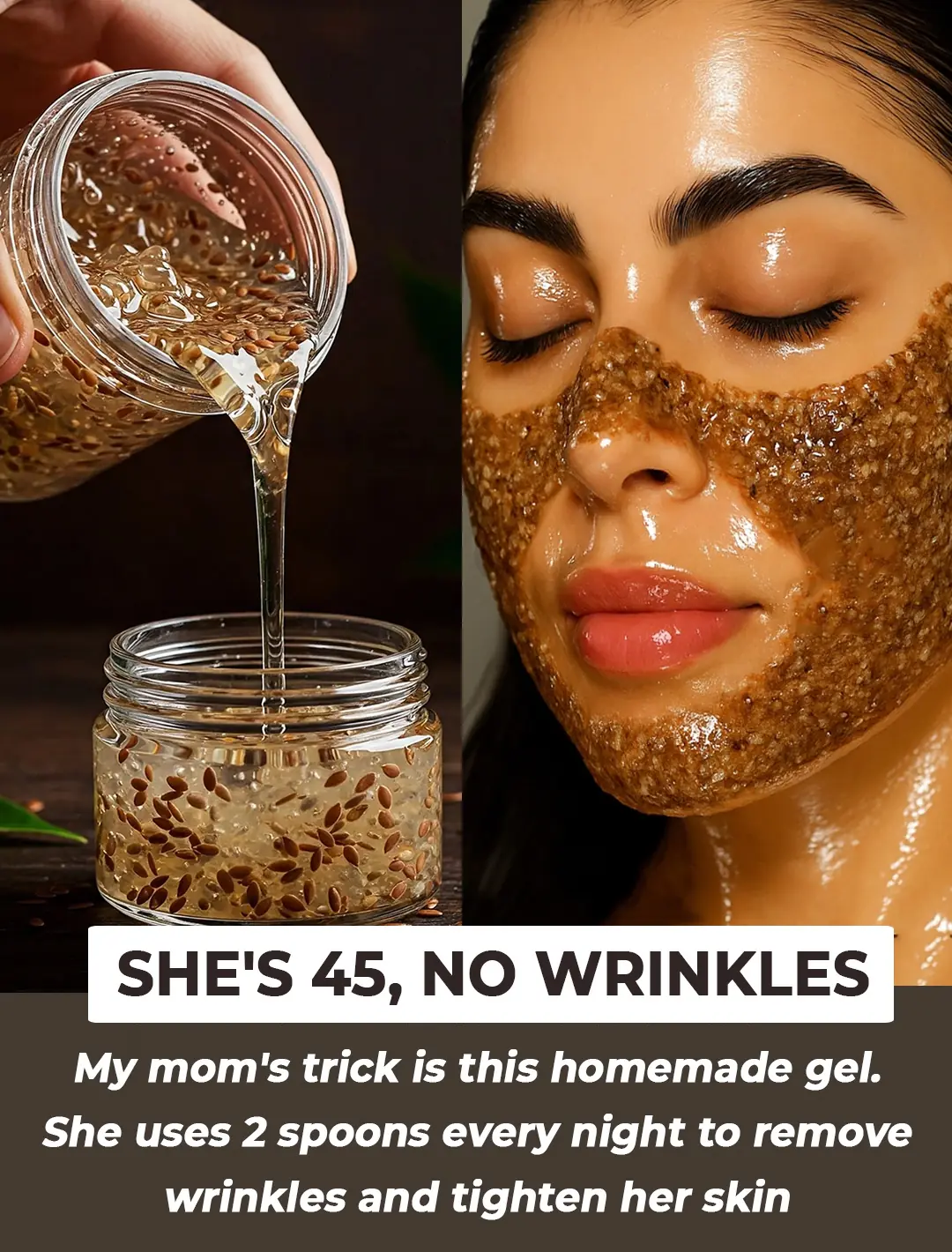
DIY Flaxseed Gel for Glowing Skin: The Natural Solution to Hydrated and Youthful Skin

Easy Recipe to Make ABC Collagen Ice Cubes at Home: The Secret to Glowing, Firm Skin
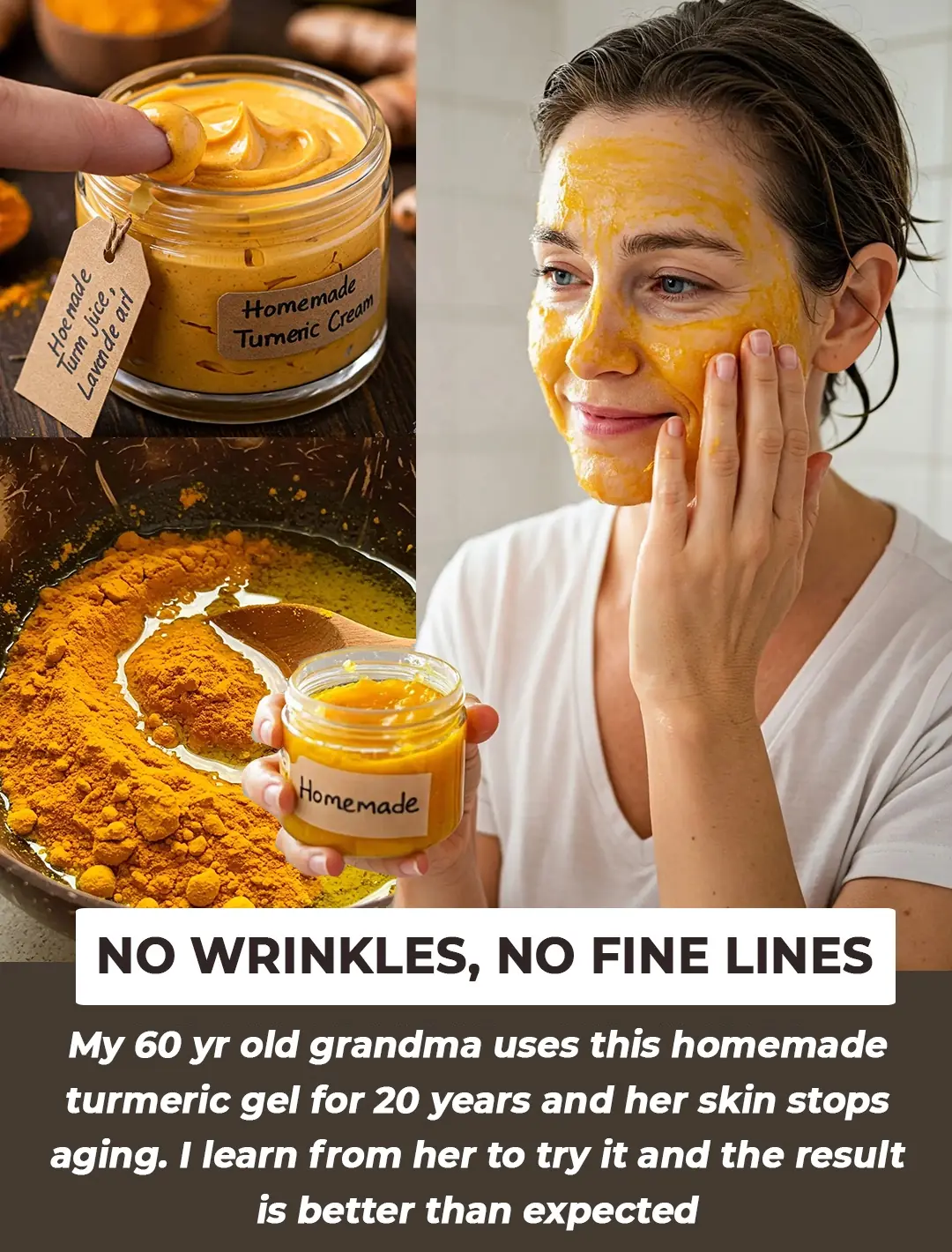
DIY Turmeric Gel For Ageless Skin: Unlock the Secrets of Radiant and Youthful Complexion
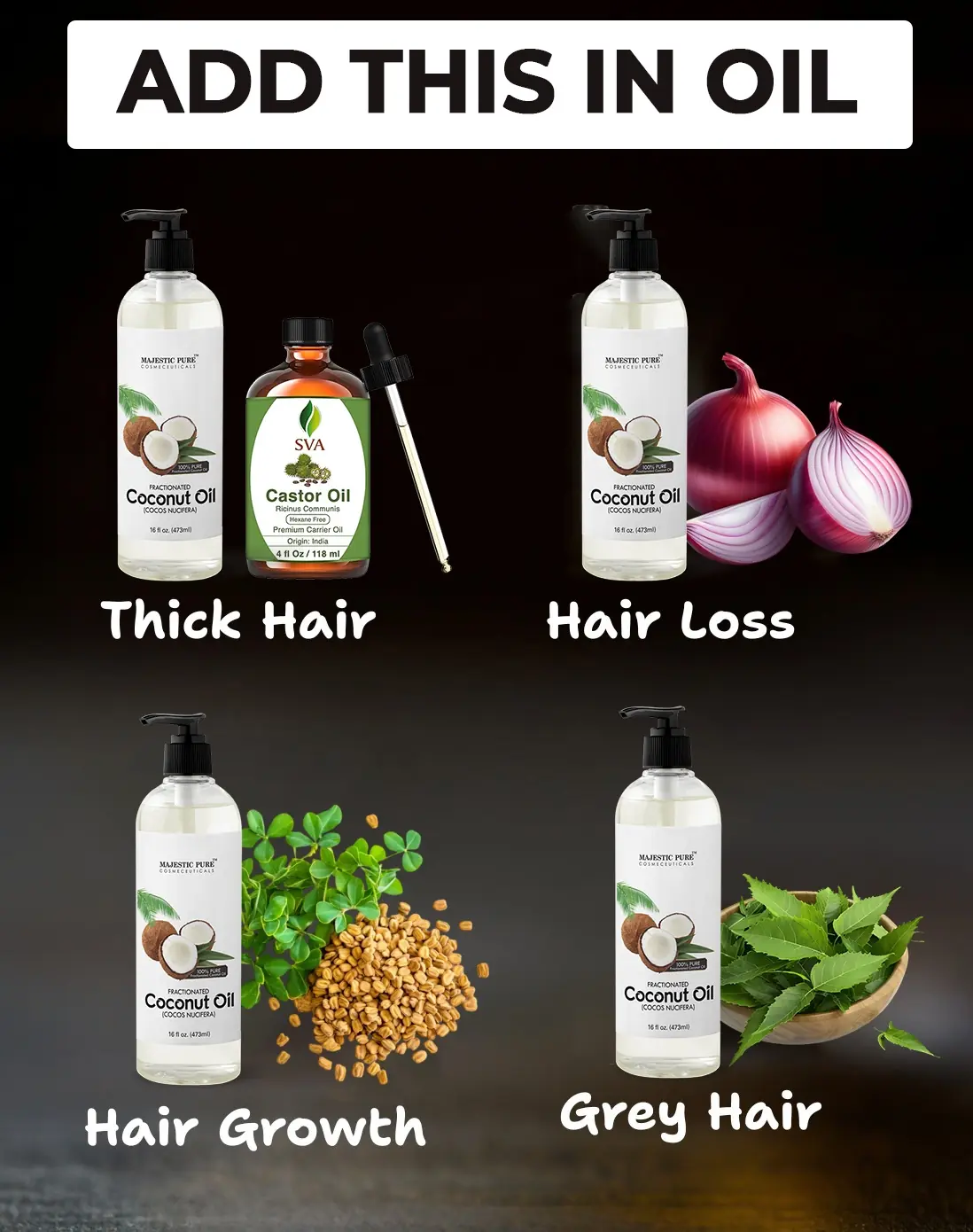
Add This in Your Hair Oil for Healthy, Lustrous Hair

The Ultimate Guide to Homemade Carrot Oil for Glowing, Youthful Skin

Homemade Ginger Lemon Shot: Your Natural Ally for Effective Weight Loss
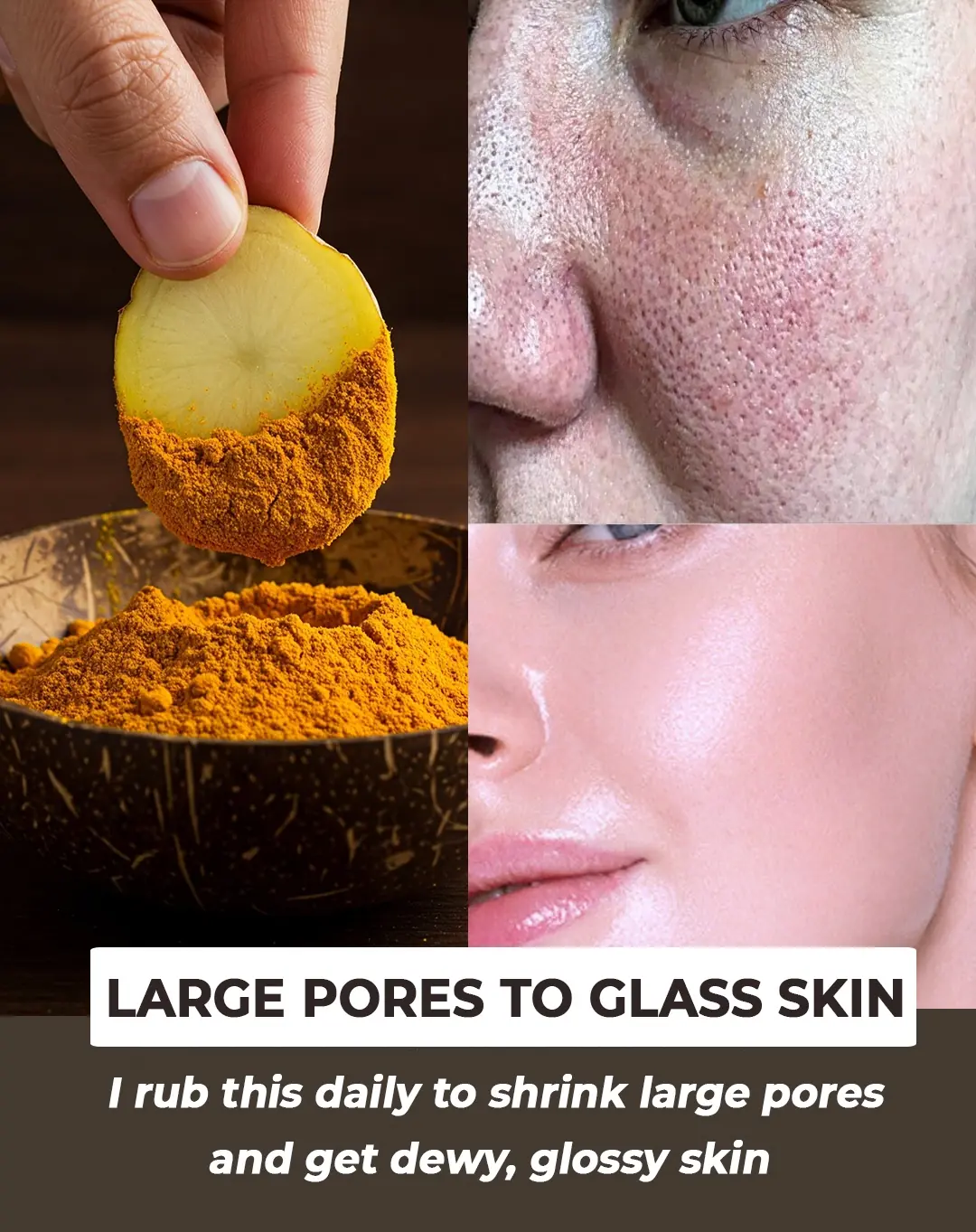
Potato Treatment For Dark Spots & Large Pores

Add Onion and Coffee to Your Hair—The Results Might Shock You
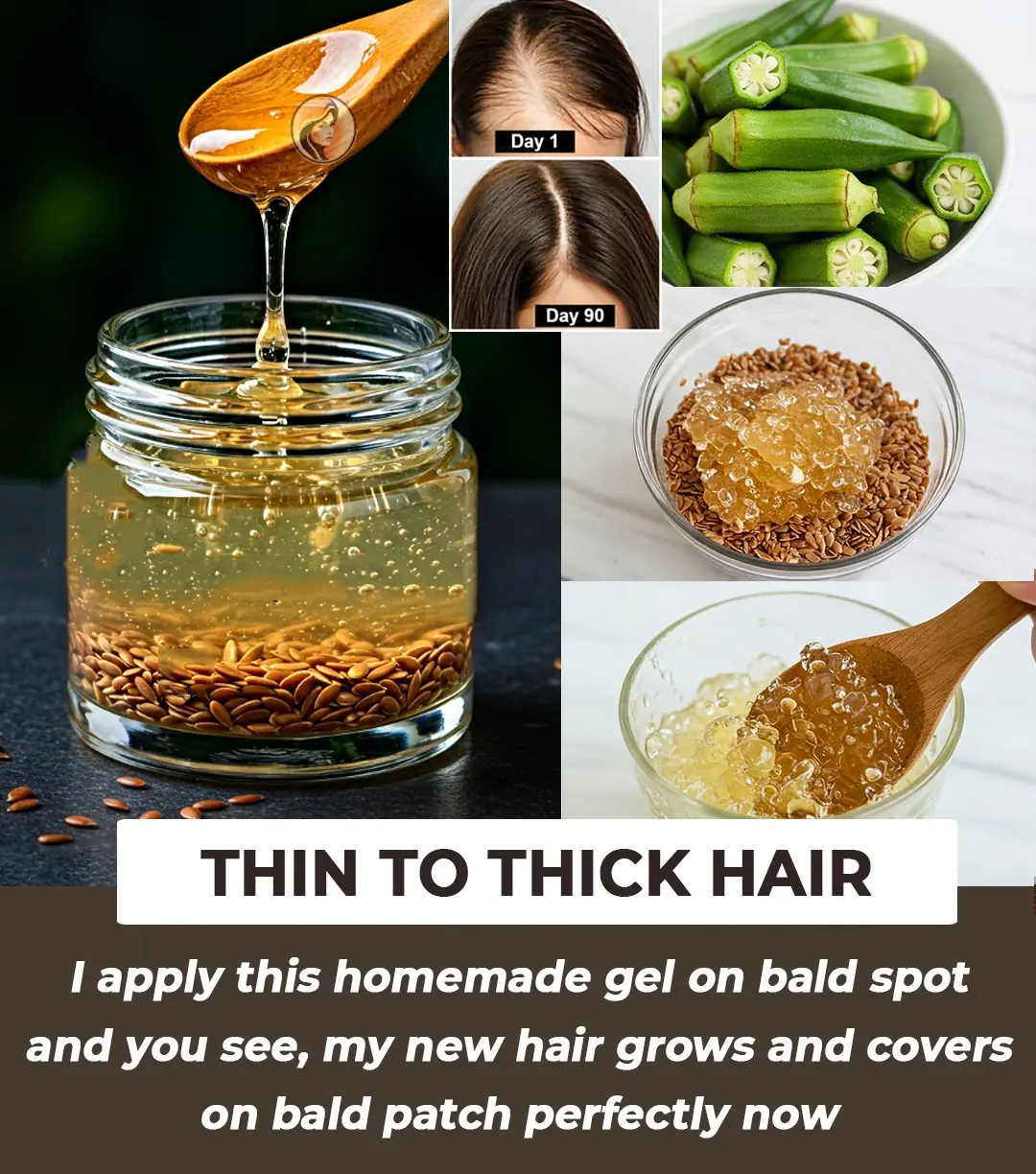
DIY Flaxseed Gel & Okra Hair Gel For Hair Growth & Frizzy Hair
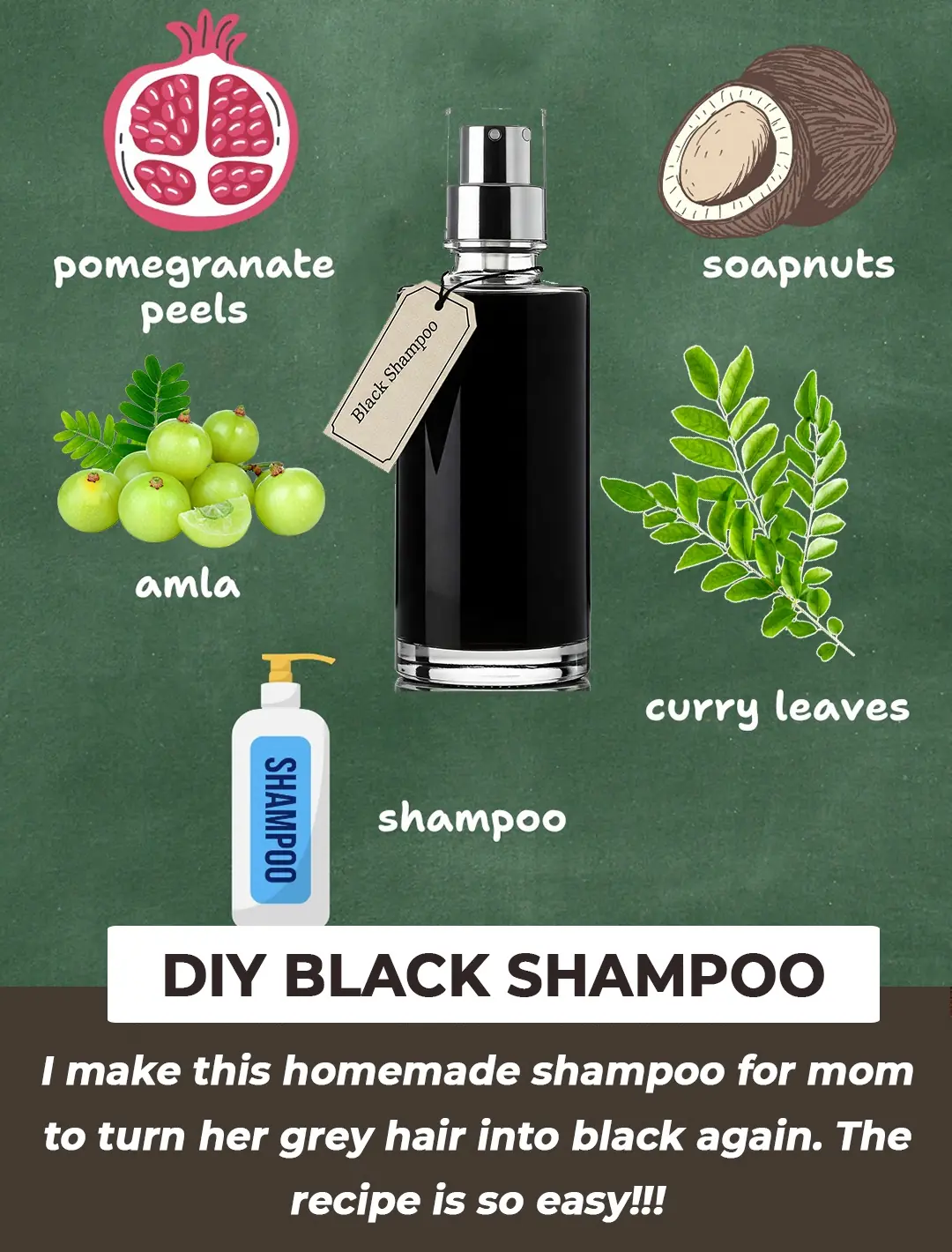
2 Mins Black Shampoo For Grey Hair

Machine-washed clothes are taken out wrinkled like rags: Before washing, do this step to flatten the clothes, saving you the trouble of ironing.

Kitchen cabinets are covered with a lot of grease, here are 4 quick and inexpensive ways to clean them.

The secret of smart chefs is to squeeze lemon into the frying oil pan, it turns out to have many great uses..

Don't use steel wool to scrub burnt pots and pans. Add a few drops of this and the pot will be as shiny as new.

Look at this point on the grapefruit to know how many segments it has, whether it is juicy or dry, no need to cut it: Who doesn't know it's a waste?
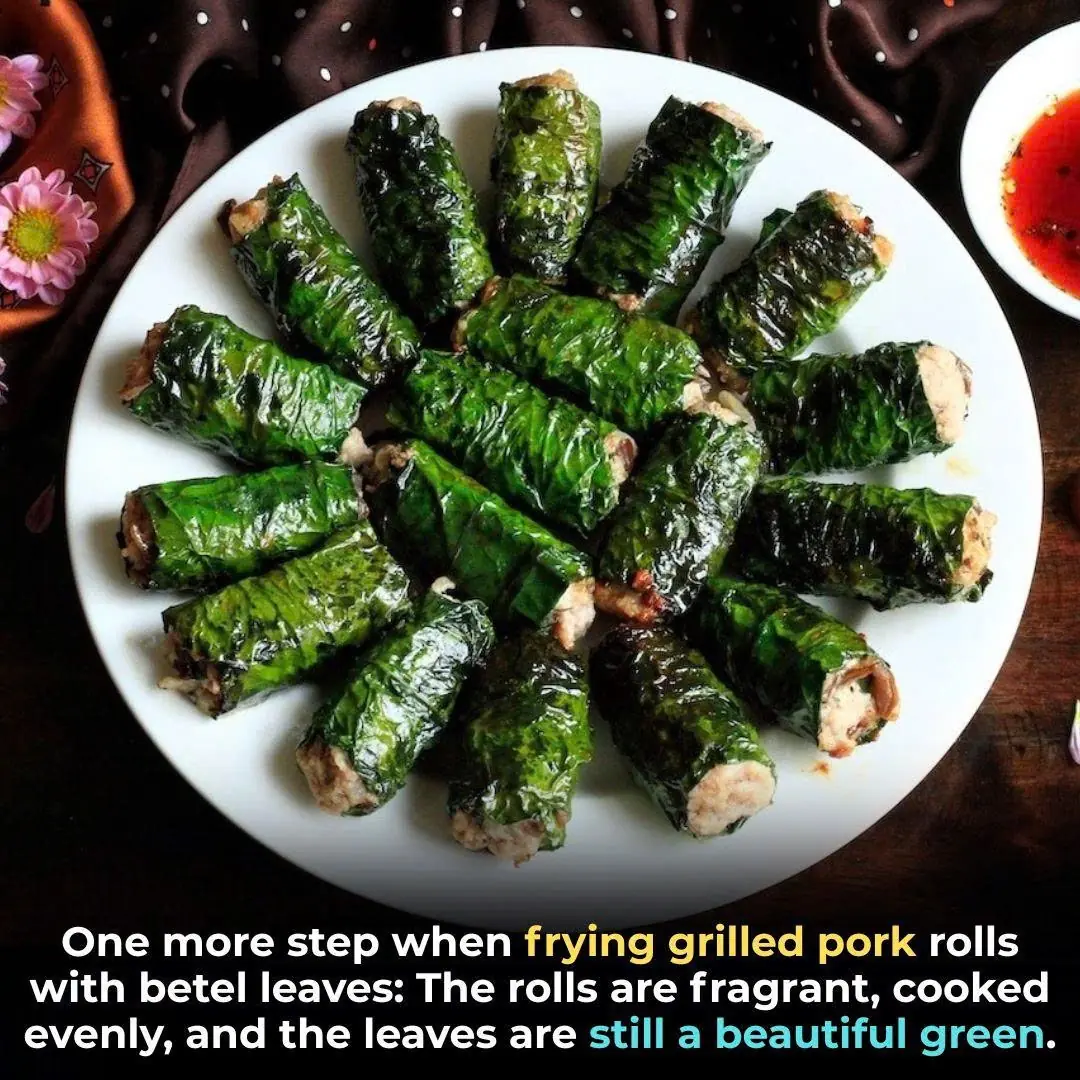
One more step when frying grilled pork rolls with betel leaves: The rolls are fragrant, cooked evenly, and the leaves are still a beautiful green.

Smart people's tips to help save half of the monthly gas bill, and a clean kitchen requires less cleaning
